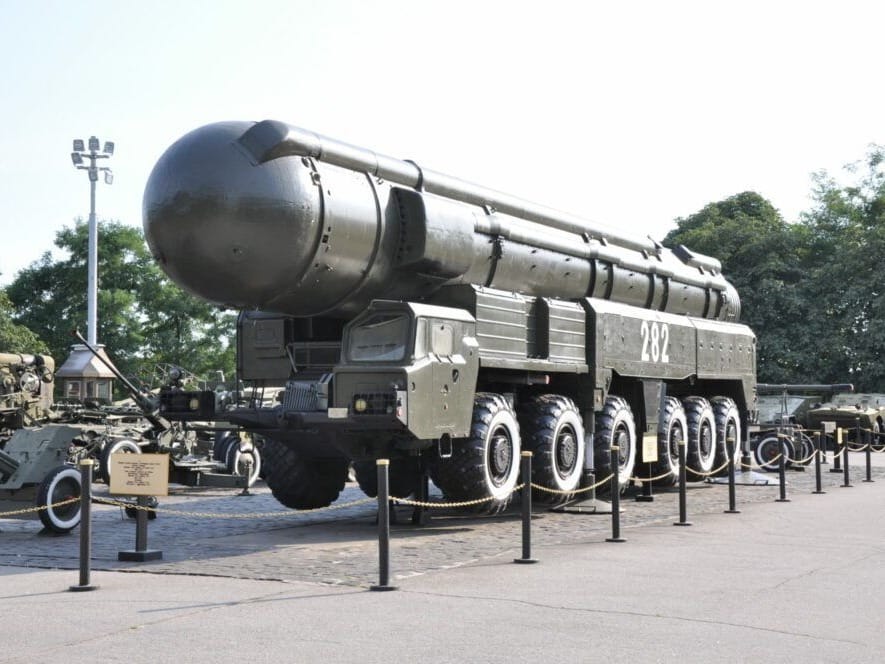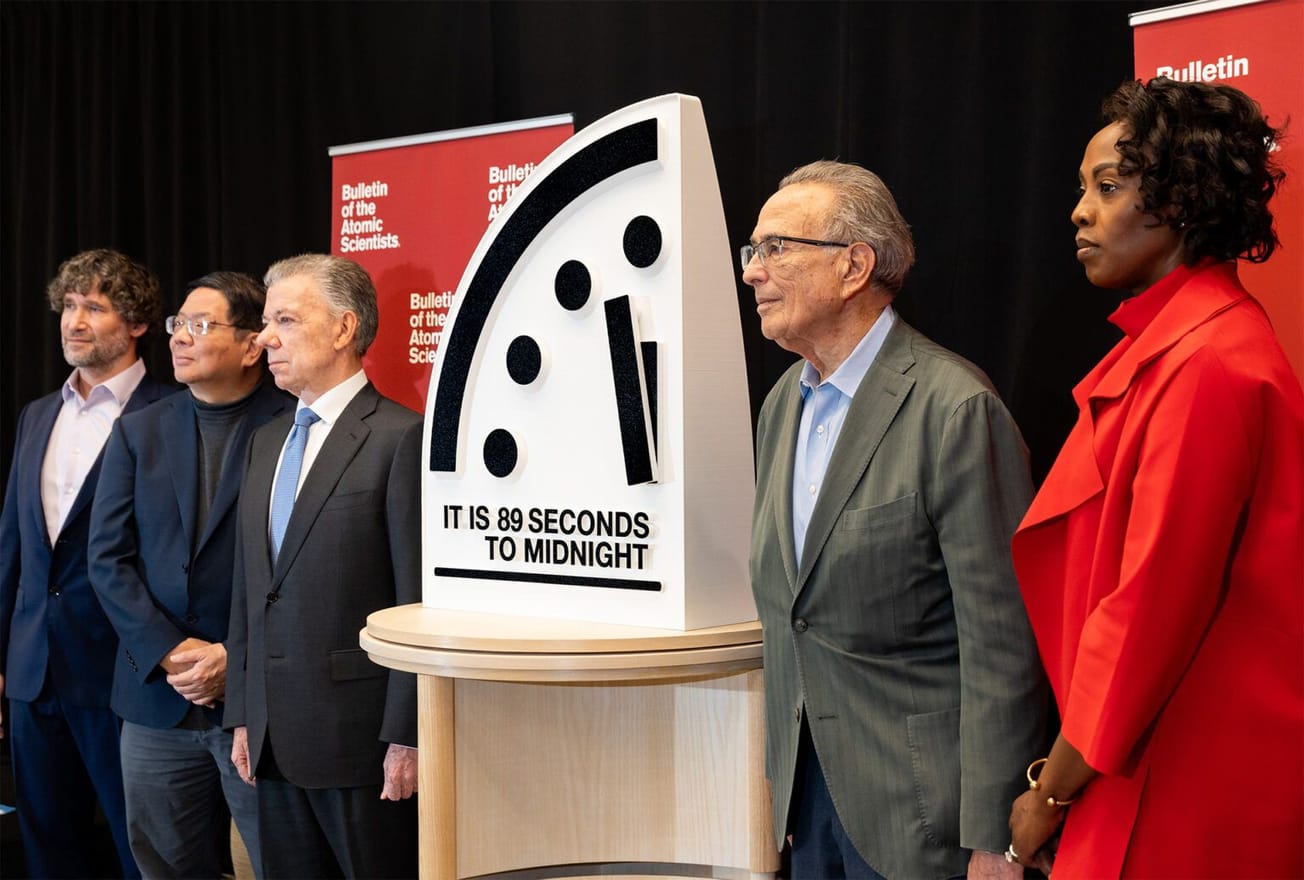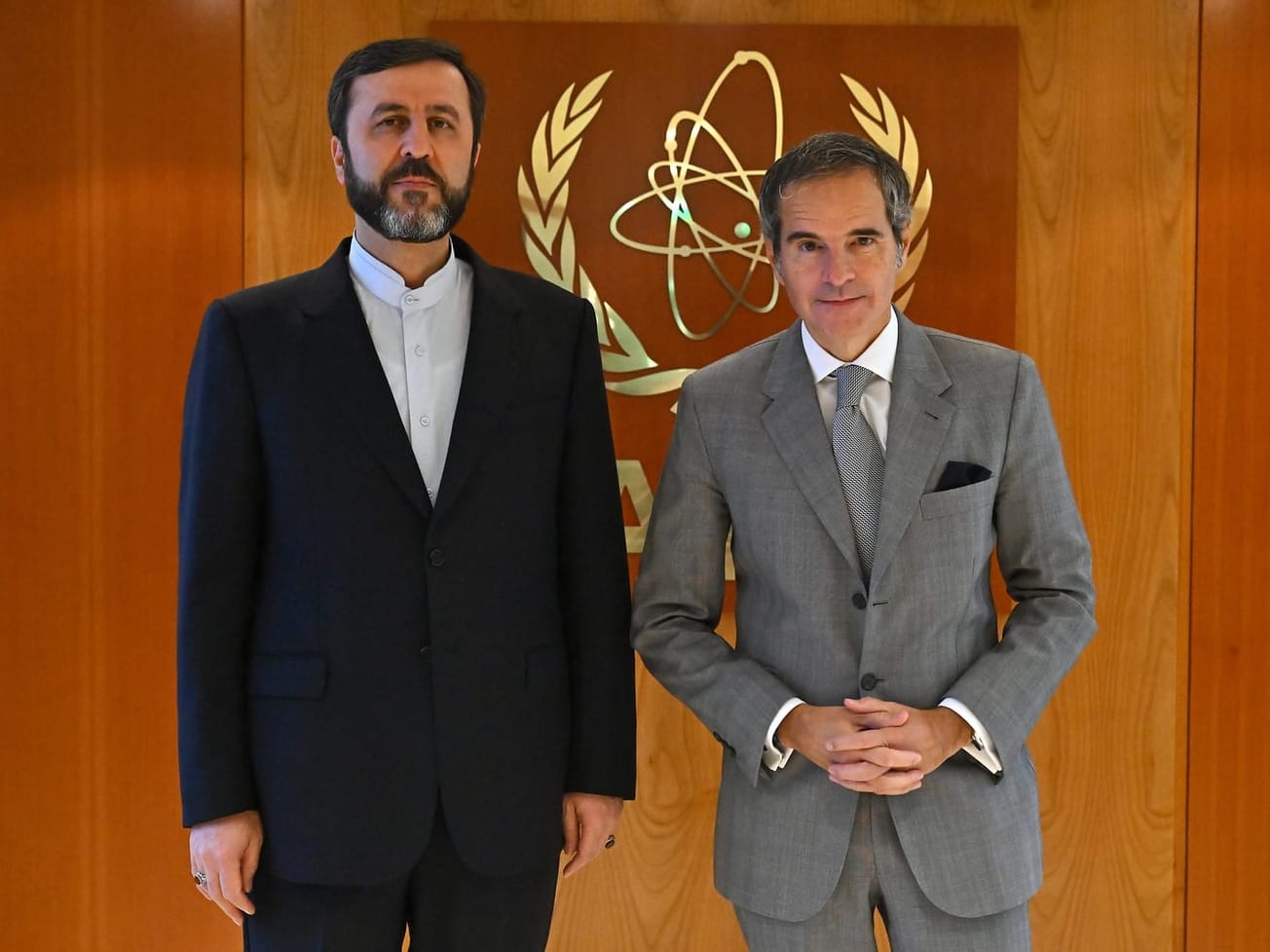WASHINGTON (AN) — The United States and Russia let the Intermediate-Range Nuclear Forces Treaty lapse, ending a key plank of Cold War-era nuclear arms control and prompting fears of a new global arms race amid rising geopolitical tensions.
Trading blame on Friday, U.S. President Donald Trump and Russian President Vladimir Putin refused to set aside their differences over the INF Treaty, or to convene expert-level negotiations to try to resolve the compliance issues that Trump cited in his decision to withdraw.









